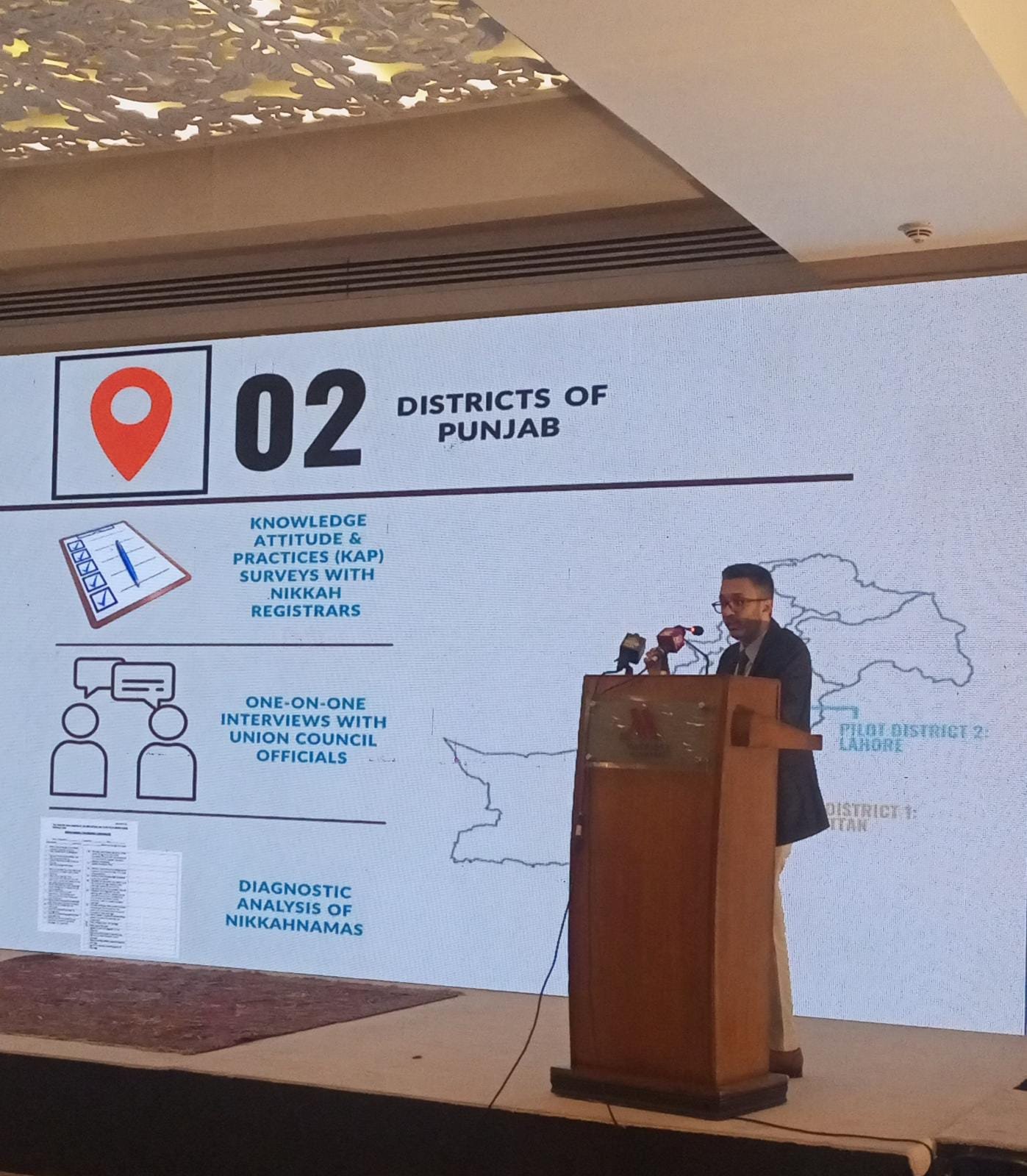Pakistan is currently grappling with a constitutional crisis following the unanimous approval of the 2023 census results by the Council of Common Interests (CCI). This approval may have significant implications for the upcoming general elections scheduled for later this year. The CCI’s decision has paved the way for the delimitation of constituencies and the allocation of seats in the National Assembly based on population, but it also requires a constitutional amendment to amend Article 51 (3) of the Constitution, potentially leading to a delay in the elections.
Article 51 (3) of the Constitution states that seats in the National Assembly are to be allocated to each province based on the population data from the last preceding census officially published. The approval of the census results will directly impact the representation of different regions and communities in the parliament. According to some media reports, the provisional results of the 2023 census indicate that Punjab stands to lose several seats in the National Assembly, while Khyber Pakhtunkhwa will and Balochistan will gain seats.
To hold the upcoming general elections according to the 7th population census, three procedural steps must be undertaken by different institutions. Firstly, the Council of Common Interests (CCI) must approve the census results for official publication. Secondly, the Election Commission of Pakistan (ECP) needs to delimit constituencies of the National Assembly and Provincial Assemblies based on the census results. Finally, the Parliament, including the National Assembly and the Senate, must amend Article 51 (3) of the Constitution to update the number of seats allocated to the provinces in the National Assembly.
However, the situation is complicated by political and constitutional constraints. The general elections of 2018 were held based on the provisional results of the 2017 census, which were made possible through a one-time constitutional arrangement enacted via the Constitution (Twenty-fifth Amendment) Act, 2018. But currently, a constitutional amendment is politically unattainable as the ruling coalition of the Pakistan Democratic Movement (PDM) lacks the necessary two-thirds majority in both houses of Parliament to achieve it. The political deadlock has intensified with the dissolution of the National Assembly, further impeding the possibility of a constitutional amendment.
The Pakistan Tehreek-e-Insaf (PTI), led by Imran Khan, has been demanding early elections based on the 2017 census, which they consider fair and transparent. This demand has caused tensions within the government and between political parties, accusing each other of manipulating the electoral process. There are allegations that both the PDM government and the military establishment may not want elections to take place on time or without addressing certain concerns, particularly related to the PTI.
The issue of elections is expected to reach the Supreme Court of Pakistan, which holds the final authority to interpret and uphold the Constitution. The Supreme Court has previously intervened in electoral matters, as evidenced by its order for elections in Punjab and Khyber Pakhtunkhwa within 90 days after the dissolution of the provincial assemblies in March 2023. The court may now have to decide whether to accept or reject the census results, whether to allow or postpone the elections, and whether to uphold or amend Article 51 (3) of the Constitution.
The approval of the census by the CCI has triggered another constitutional crisis in Pakistan, jeopardizing the democratic process and the stability of the country. The constitutional amendment required for the approval and publication of the census results appears unlikely in the current political landscape. With various stakeholders contesting the issue, the fate of the upcoming general elections lies in the hands of the Supreme Court.
As the people of Pakistan anxiously await the outcome, they hope that their representatives and the judiciary will navigate the complexities to ensure a fair and timely electoral process. The situation remains fluid, and the decisions made in the coming days and weeks will undoubtedly shape the nation’s political landscape for years to come.
Furthermore, the implications of delaying the general elections extend beyond political uncertainty. A delay could lead to a prolonged transition of power, affecting crucial decision-making processes, economic policies, and governance initiatives. As the country faces numerous challenges, including economic instability, security threats, and social issues, a delay in the elections might hinder the effective resolution of pressing national matters.
Moreover, there is a risk of public disillusionment and growing distrust in the democratic institutions if the elections are not conducted in a timely and transparent manner. Pakistan’s democratic history has been marred by several instances of military intervention and political turmoil, and any further delays in the electoral process could exacerbate these historical grievances, leading to protests and unrest.
While the Supreme Court holds the power to resolve the crisis, its decision will undoubtedly be met with scrutiny from all sides. Ensuring a fair and impartial verdict will be crucial to maintain public trust in the judiciary and uphold the sanctity of the democratic process. The judges will be tasked with balancing legal interpretations, political considerations, and the interests of various stakeholders in their pursuit of a just and constitutional resolution.
In conclusion, Pakistan’s approval of the 2023 census by the Council of Common Interests has sparked a constitutional crisis that could potentially delay the general elections. The complexities surrounding the constitutional amendment, political alignments, and the role of the judiciary have brought the nation to a critical juncture. As the country navigates this precarious situation, it is vital for all parties involved to prioritize the greater interest of the nation and work towards ensuring a smooth electoral process that reflects the will of the people and upholds the democratic values of Pakistan.
Usama Khawar
The author is a practicing lawyer and teaches law at the Lahore University of Management Sciences (LUMS). He studied law at Columbia University, New York.

